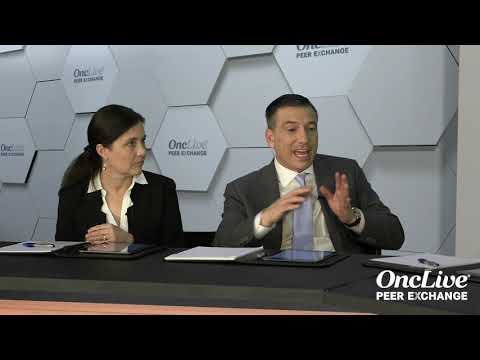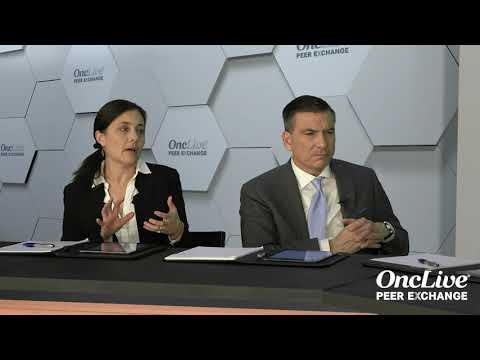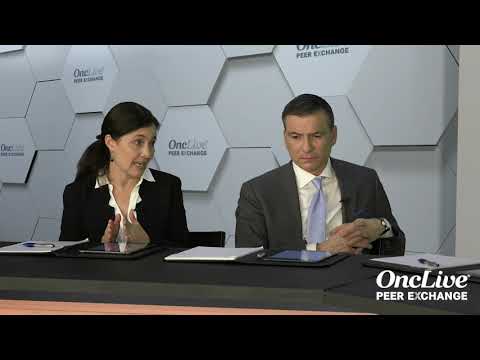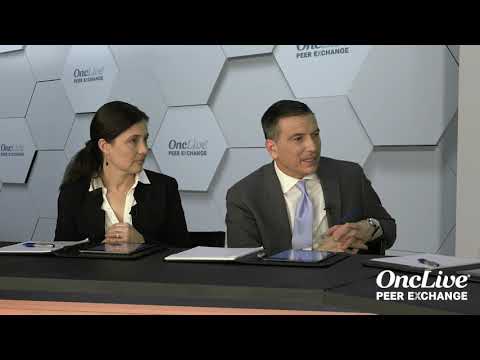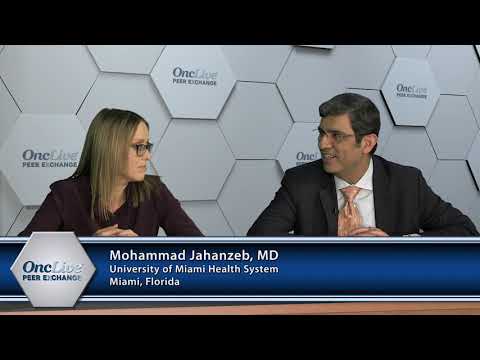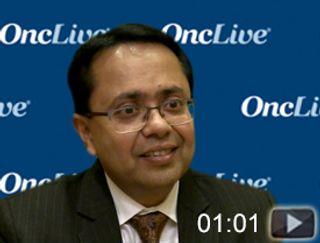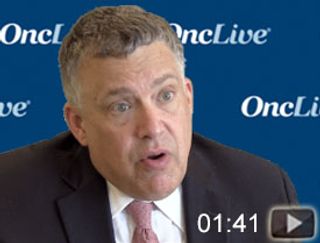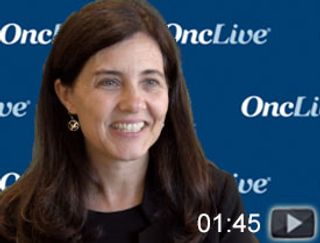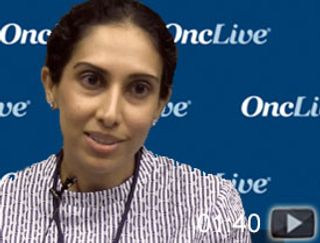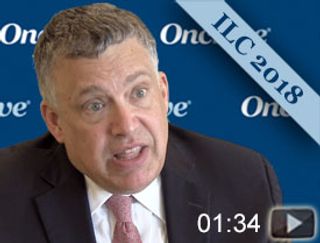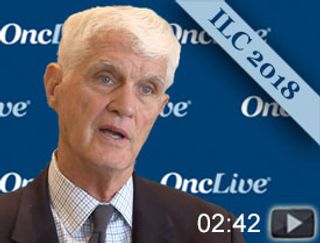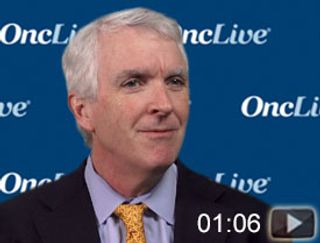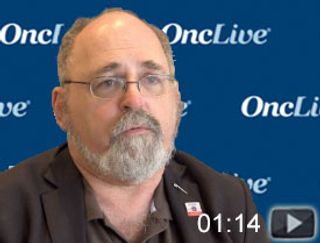
Immuno-Oncology
Latest News
Latest Videos

CME Content
More News
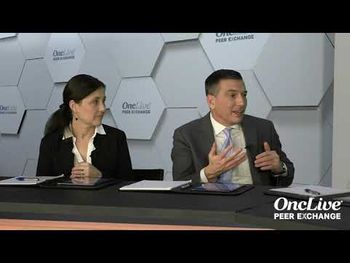
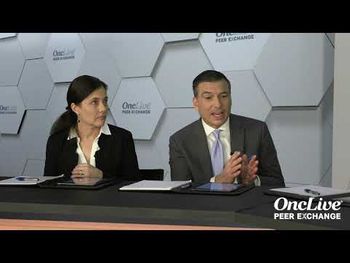
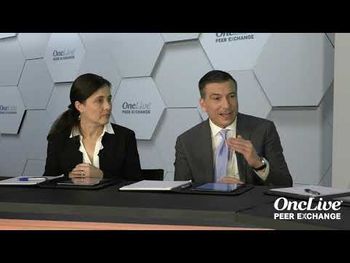
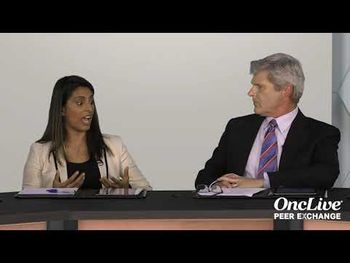
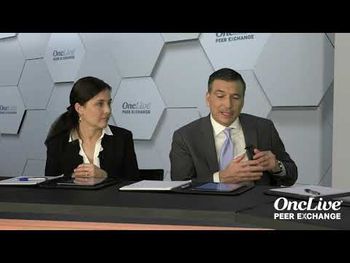
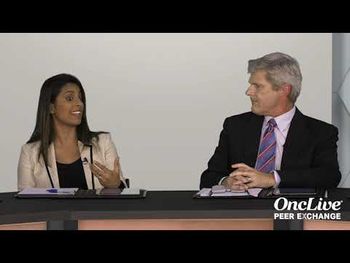
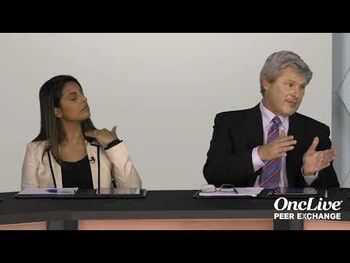
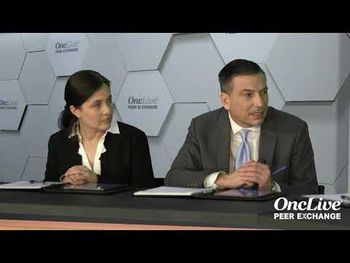
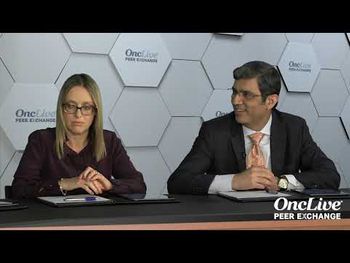

Two doses of adjuvanted recombinant zoster vaccine following autologous hematopoietic stem cell transplant led to rapid and durable cell-mediated immune responses, results from a subgroup analysis of a large randomized, placebo-controlled trial showed.1
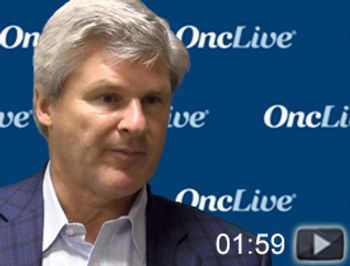
Mark A. Socinski, MD, executive medical director, AdventHealth Medical Group, discusses the current state of treatment for patients with non–small cell lung cancer.
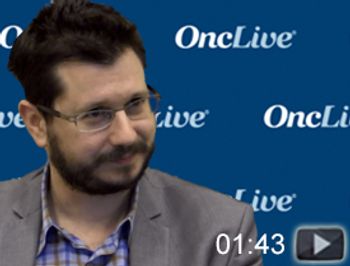
Petros Grivas, MD, PhD, director, University of Washington Medicine’s Genitourinary Cancers Program, associate professor, oncology, University of Washington, Seattle Cancer Care Alliance, discusses unmet needs in the treatment of patients with advanced urothelial cancer.
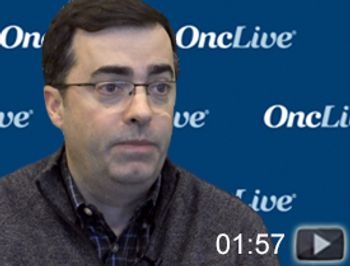
David F. McDermott, MD, director of the Biologic Therapy Program at Beth Israel Deaconess Medical Center, discusses single-agent pembrolizumab in the treatment of patients with advanced renal cell carcinoma.
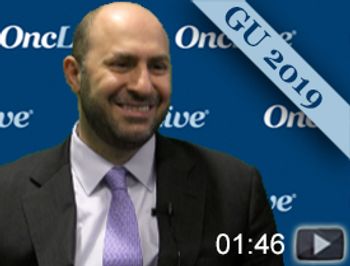
Toni Choueiri, MD, director, Lank Center for Genitourinary Oncology, director, Kidney Cancer Center, Jerome and Nancy Kohlberg Associate Professor of Medicine, Harvard Medical School, Dana-Farber Cancer Institute, discusses avelumab/axitinib data in renal cell carcinoma.

The FDA has granted a priority review designation to a supplemental biologics license application for the combination of pembrolizumab and axitinib as a frontline treatment for patients with advanced renal cell carcinoma.
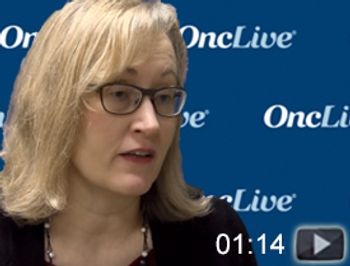
Julie R. Brahmer, MD, co-director of the Upper Aerodigestive Department in the Bloomberg-Kimmel Institute for Cancer Immunotherapy, Johns Hopkins Medicine, discusses the potential for immunotherapy beyond PD-1 and PD-L1 checkpoints in non–small cell lung cancer.

The FDA has granted a priority review designation to a supplemental biologics license application for the combination of avelumab and axitinib as a treatment for patients with advanced renal cell carcinoma.

Different patterns of response are associated with the dosages of immunosuppressants used to manage the adverse effects of immunotherapies.
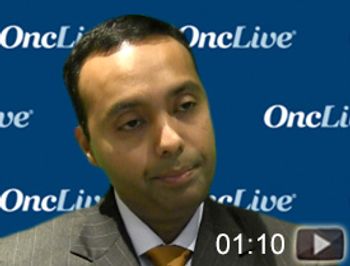
Janakiraman Subramanian, MD, a medical oncologist and director of thoracic oncology and director of the Center for Precision Medicine at St. Luke’s Cancer Institute, discusses the future of immunotherapy in non–small cell lung cancer (NSCLC).
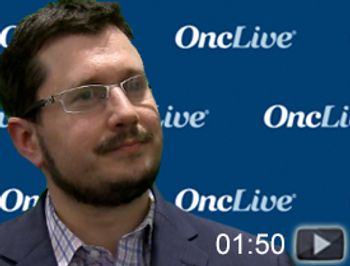
Petros Grivas, MD, PhD, director, University of Washington Medicine’s Genitourinary Cancers Program, associate professor, oncology, University of Washington, Seattle Cancer Care Alliance, discusses the role of checkpoint inhibitors in the treatment of patients with localized bladder cancer.
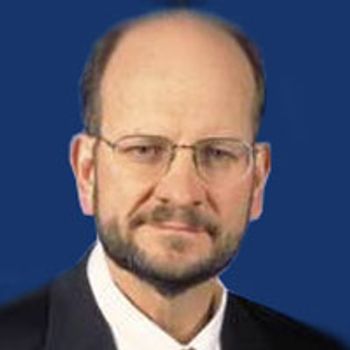
The European Medicines Agency’s Committee for Medicinal Products for Human Use has adopted a positive opinion for first-line treatment with pembrolizumab in combination with carboplatin and either paclitaxel or nab-paclitaxel in patients with metastatic squamous non–small cell lung cancer.

The European Medicine’s Agency Committee for Medicinal Products for Human Use has recommended approval for the frontline combination of atezolizumab, bevacizumab, paclitaxel, and carboplatin for the first-line treatment of patients with metastatic, nonsquamous non–small cell lung cancer.

Although multiple checkpoint inhibitors have been introduced into the bladder cancer treatment paradigm during the past several years, their use in the malignancy remains an unfolding story.

The FDA has expanded the indication for pemetrexed in combination with pembrolizumab and platinum-based chemotherapy for the first-line treatment of patients with metastatic nonsquamous non–small cell lung cancer without EGFR or ALK alterations.
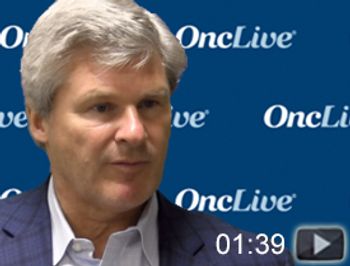
Mark A. Socinski, MD, executive medical director, AdventHealth Medical Group, discusses combination versus single-agent immunotherapy in patients with squamous non–small cell lung cancer.


